Accelerationist candidate let’s go!
Che's Motorcycle
- 20 Posts
- 476 Comments
Kamala is Hillary 2.0

 7·4 days ago
7·4 days agoWhat operating system does it use?
Windows XP, knowing the MIC
After which time, here’s hoping they don’t dare to call themselves The Resistance again.

 5·5 days ago
5·5 days agoHehe, must have been catnip in there!

 5·5 days ago
5·5 days agoI hope your week boldly goes where your weeks have never gone before! :D
Not sure if this directly answers your question, but the Liberation theology tradition was started by a Catholic priest. https://theconversation.com/after-50-years-liberation-theology-is-still-reshaping-catholicism-and-politics-but-what-is-it-186804
One dimension of liberation theology has to do with analyzing the sources of social inequality. Its approach treats poverty as a complex phenomenon that cannot be reduced to economics, or separated from politics, because it intersects with other forms of oppression, such as sexism and racism. Poverty, Gutiérrez and other theologians have argued, is an evil – something they believe God does not want – for it can bring suffering and early death. In this view, poverty is not a natural condition; it is a violence that some communities inflict upon others.
The key principle of liberation theology is “the preferential option for the poor.” This is a commitment to prioritize the material needs of the poor, as well as their knowledge, experience and spirituality. This principle is grounded in the conviction that God is not neutral, but is always on the side of those who most struggle to live.

 13·7 days ago
13·7 days agoI was hoping this was from The Onion.
It died in Athens

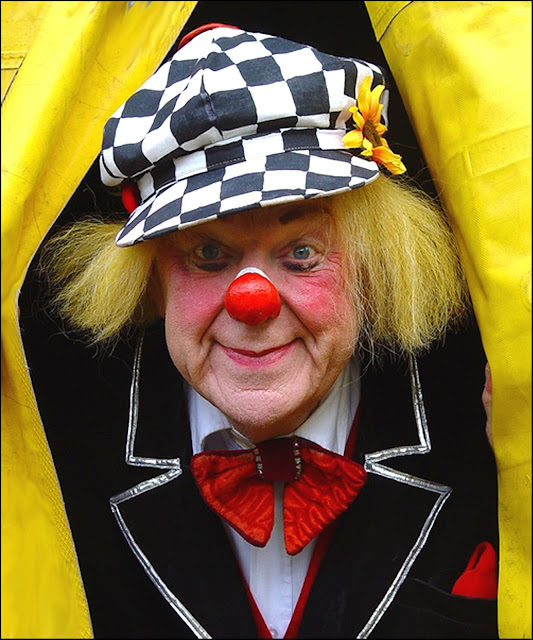 7·12 days ago
7·12 days agoArticle lists a bunch of data points.
Are people noticing these improvements?
Gaslighting like only The Economist can do.

 8·12 days ago
8·12 days agoAnd a nice one to you too!

 8·14 days ago
8·14 days agoGIGACHUD!

 27·14 days ago
27·14 days agoNice! Now if only Brazil would do the same for Venezuela and Nicaragua when it comes to joining BRICS.

 16·14 days ago
16·14 days ago“A whole week? Best I can do is five minutes.”

 23·14 days ago
23·14 days agoSpeaking at Bloomberg New Economy at B20 in Sao Paulo, US Trade Representative Katherine Tai said she “would encourage our friends in Brazil to look at the risks in today’s economy” through “an objectivity lens, through a risk management lens” and to “really think about what the best pathway is forward for more resilience in the Brazilian economy.”
Any final decision is up to the Brazilian administration, and sovereignty is an aspect that the US government is trying to preserve in the world economy(!), Tai said Wednesday in an interview with Bloomberg’s Head of Economics and Government Stephanie Flanders.

 17·14 days ago
17·14 days agohaha.gif
Apple’s iPhone sales in China slipped 0.3% while rival Huawei (HWT.UL) posted a 42% surge in the third quarter of 2024, as competition intensifies in the world’s largest smartphone market.
Apple reached second place with a 15.6% market share, though down 0.5 percentage points year-on-year, while Huawei claimed third place with 15.3%, gaining 4.2 percentage points, showed data from researcher IDC on Friday. Vivo, which primarily sells budget phones, was the top vendor with a market share of 18.6%.







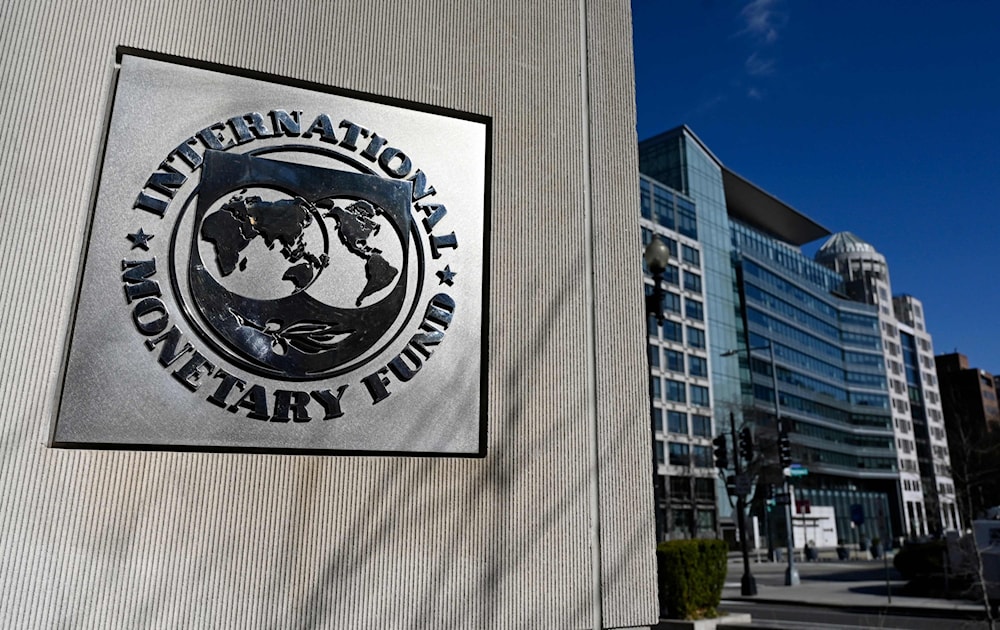



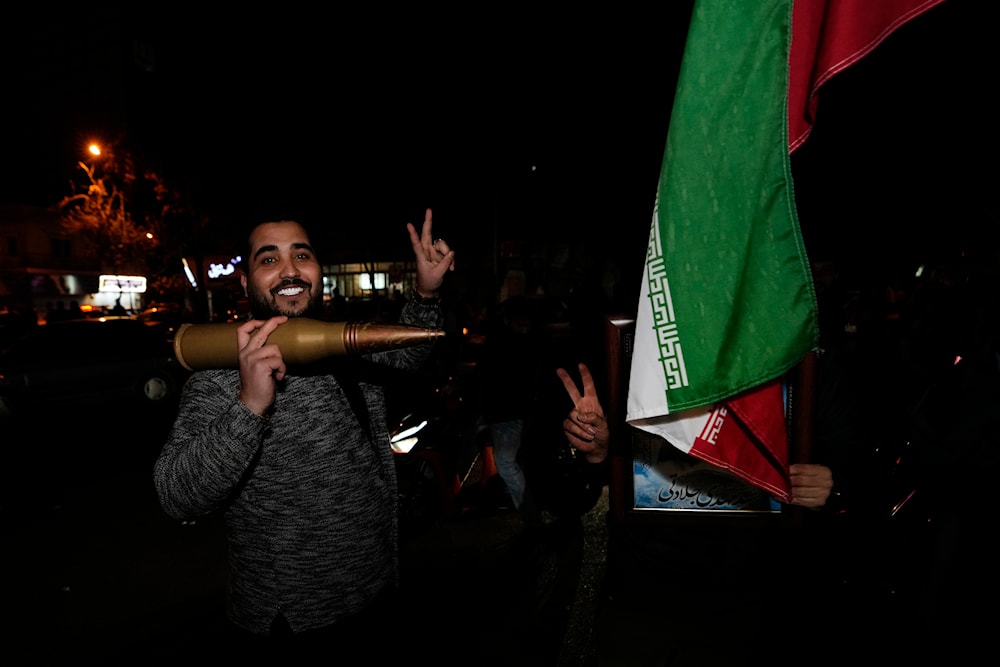
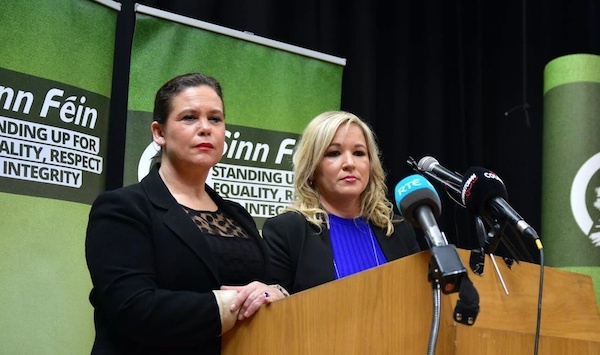



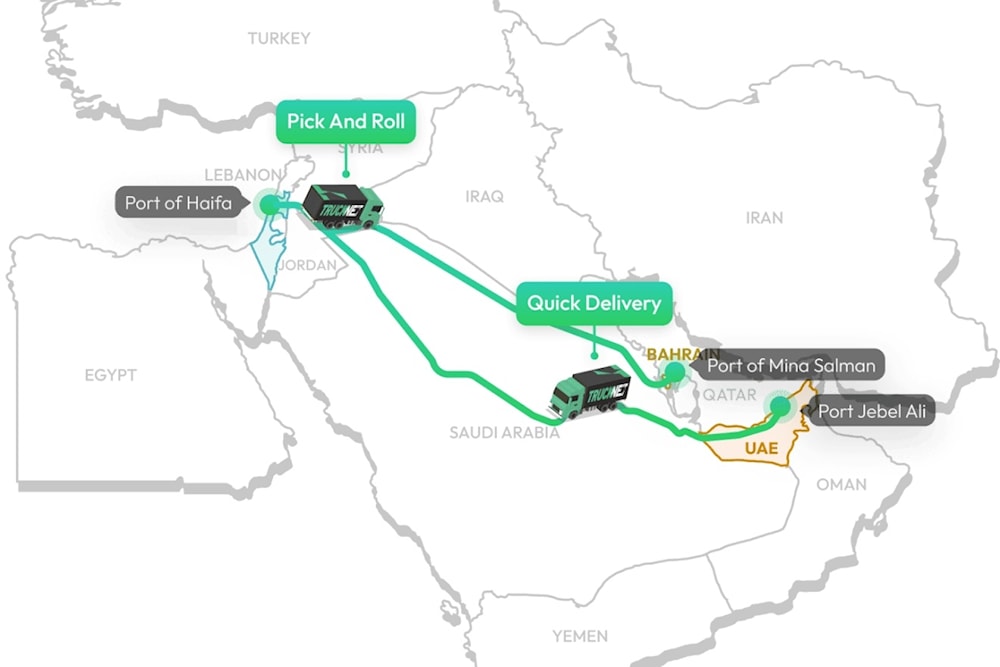
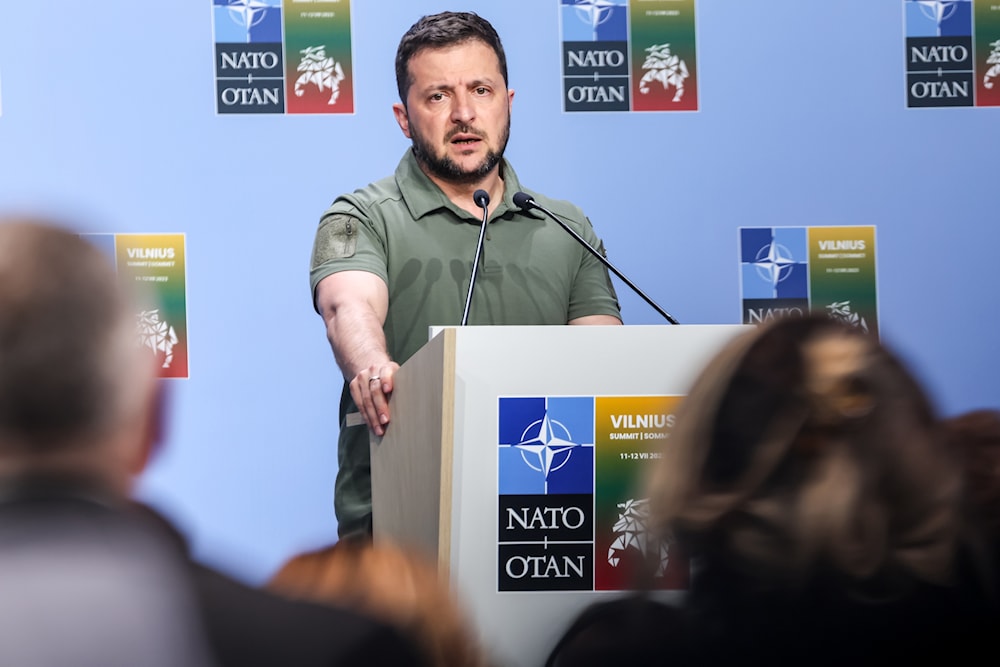

The US has never met a pretext it didn’t like. The only question is how far it intends to take things. Its “ideal” approach is probably a proxy war between China and The Philippines.